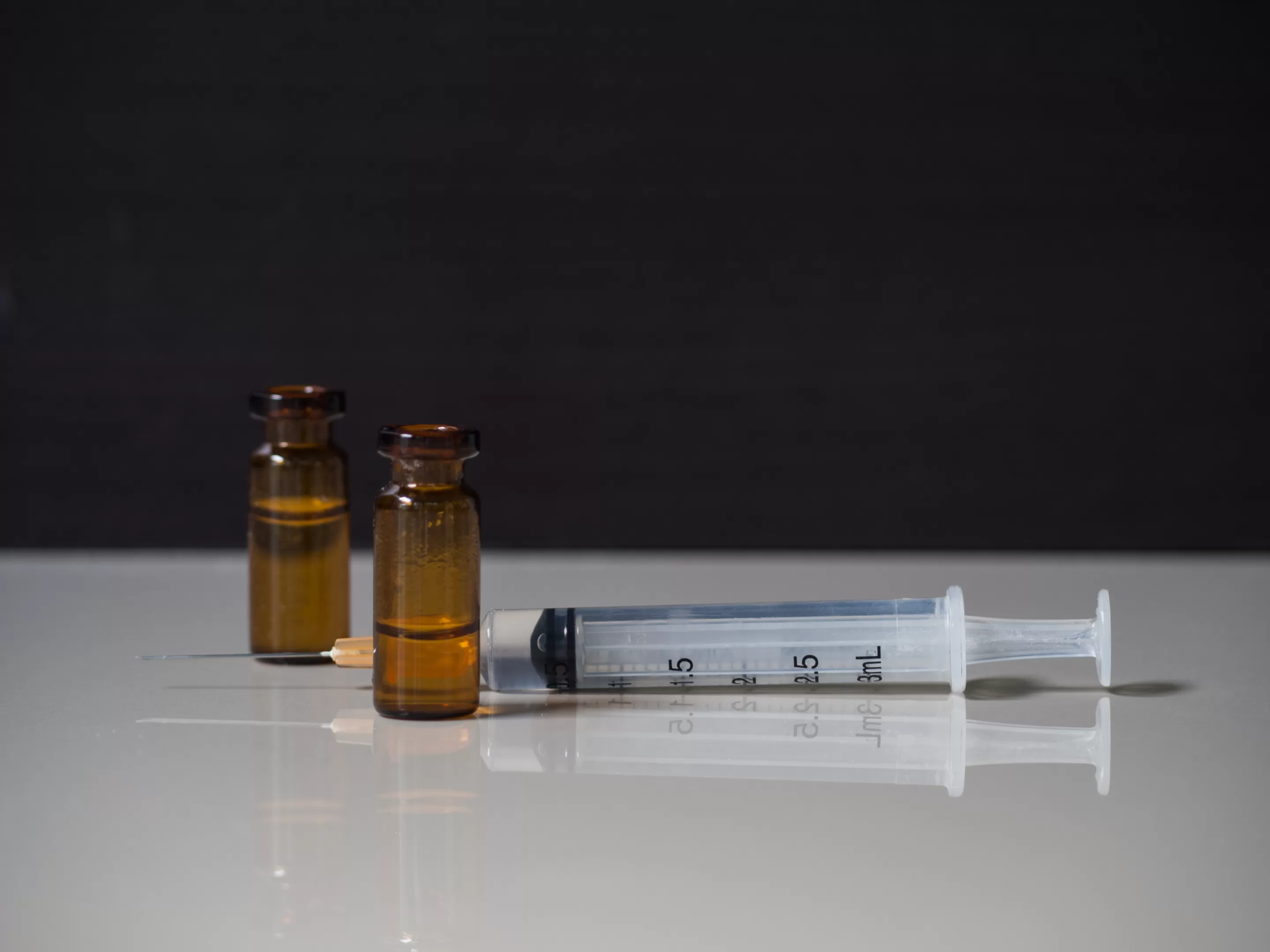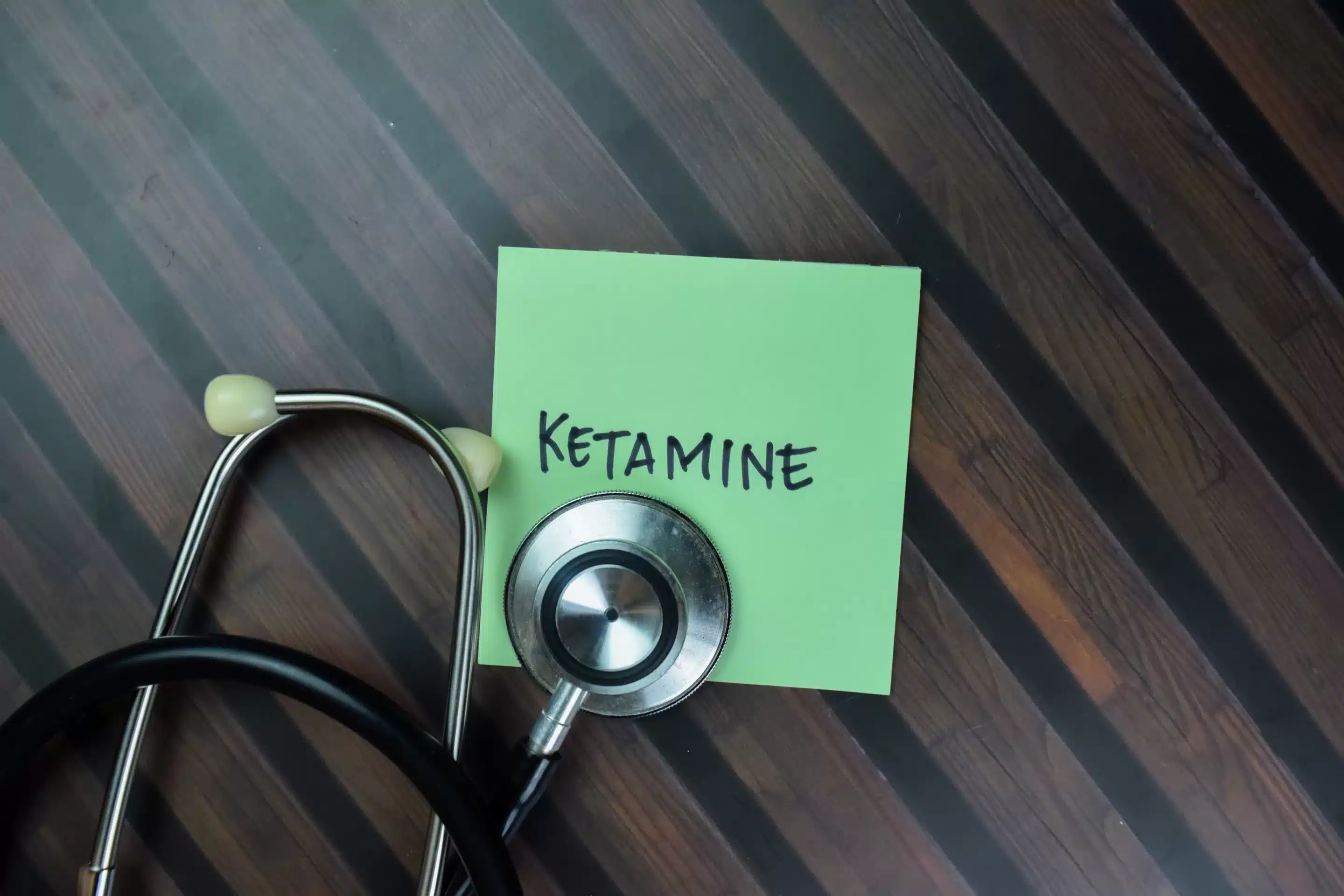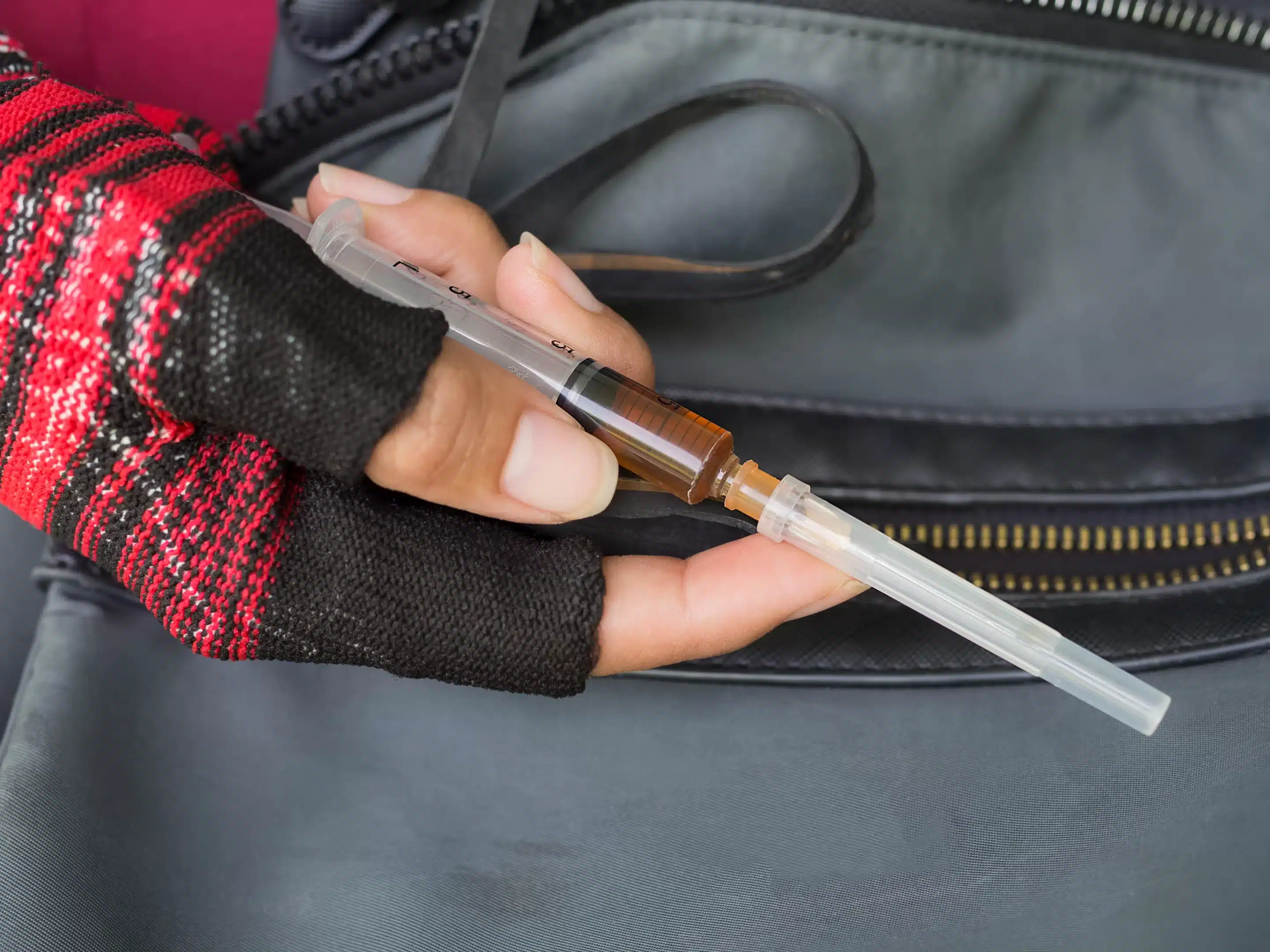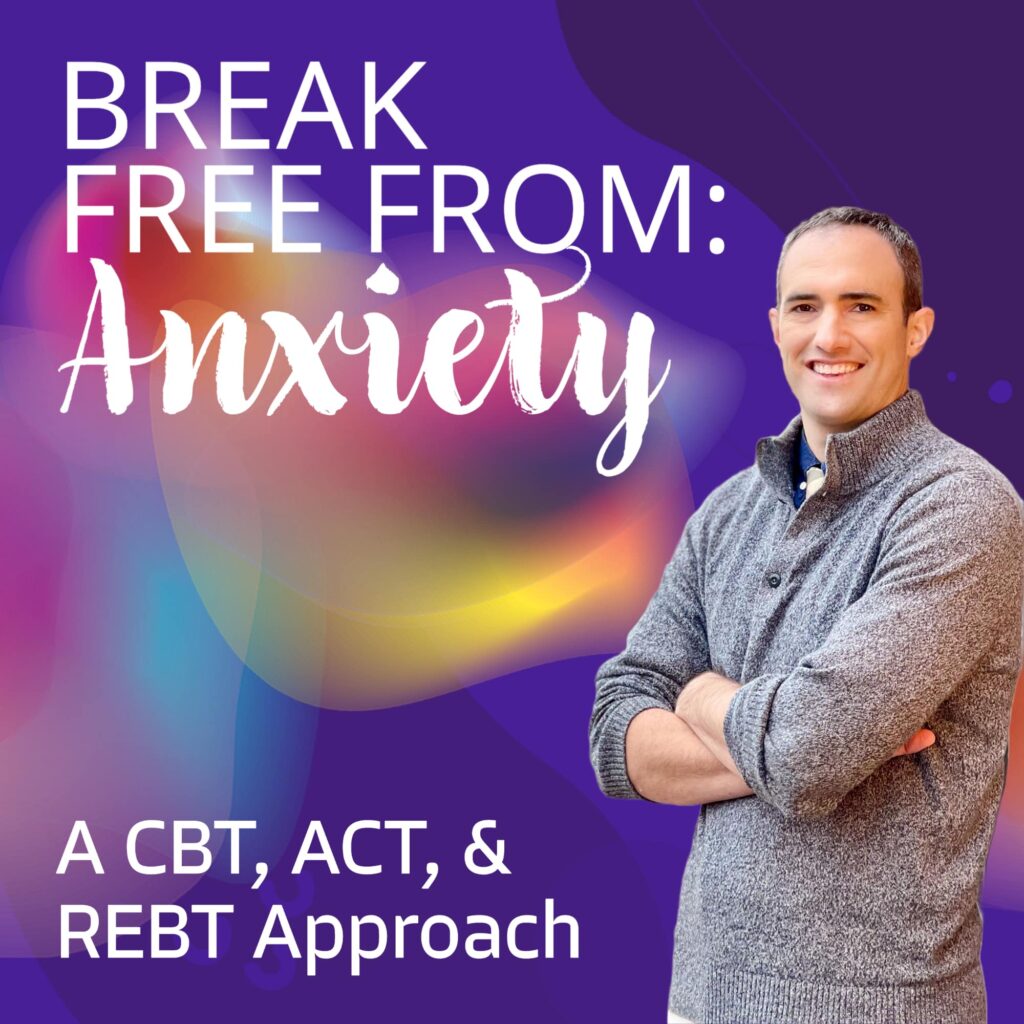Can Ketamine Help Depression?

Once used as an anesthetic on battlefields and as a club drug called “Special K” in the 1970s, the drug ketamine is an increasingly popular alternative option for treating depression and other mental health disorders. Traditional antidepressants work by increasing serotonin levels. Ketamine does not focus on serotonin levels but instead targets a neurotransmitter—glutamate. Glutamate is believed to help with mood regulation in the body. Early research so far points to the idea that ketamine can help provide relief to patients who are suffering from depression, bipolar disorder, and obsessive compulsive disorder.

How Does Ketamine Treatment Work?

Once used as an anesthetic on battlefields and as a club drug called “Special K” in the 1970s, the drug ketamine is an increasingly popular alternative option for treating depression and other mental health disorders. Traditional antidepressants work by increasing serotonin levels. Ketamine does not focus on serotonin levels but instead targets a neurotransmitter—glutamate. Glutamate is believed to help with mood regulation in the body. Early research so far points to the idea that ketamine can help provide relief to patients who are suffering from depression, bipolar disorder, and obsessive compulsive disorder.

What Does Ketamine Feel Like?

Ketamine produces feelings of euphoria along with feelings of unreality with changes in beliefs and thoughts. Ketamine at high doses can have addictive properties. In addition, ketamine can cause visual and sensory distortions with an “out-of-body” feeling. The dissociative experience that ketamine causes can also be referred to as a “trip.”
What Are the Risks of Ketamine?

Ketamine (at high doses) can cause unwanted side effects that can be serious, such as high blood pressure, slowed breathing, and unconsciousness. Long-term risks can include poor memory, and bladder and kidney problems. Also, ketamine can be fatal if taken with alcohol. Due to the risks that ketamine poses, it is vital that it is administered in a medical setting with a licensed health professional and appropriate monitoring.
Is Ketamine Worth Trying?

For those who feel as though they have tried everything to help alleviate their depression with no results, ketamine could be a promising alternative. Health professionals who have prescribed ketamine to patients who desperately wanted to find relief from their depression have discovered mostly positive outcomes. Most patients who were prescribed ketamine experienced significant improvement after only a few sessions, and only a small amount of them experienced side effects (which were mild). Ketamine could be the future of depression relief for qualifying patients.
Article written by Mikayla Nielsen Source and Source
Getting Help

All substance use disorders and addictions are chronic diseases that require proper treatment. Breaking free from the addiction of ketamine requires professional help—help that can be provided at TelepsychHealth. Some of TelepsychHealth’s treatments as part of the Intensive Outpatient Program (IOP) and Partial Hospitalization Program include:
- Art therapy
- Interpersonal therapy
- Mindfulness
- Yoga therapy
- Lifeskills training
- Music therapy

If you are struggling with substance or alcohol use, depression, or anxiety, intensive outpatient may be right for you. Contact us at (888) 730-5220 or contact us to begin the process of healing today!









